What is the format of the IELTS Speaking Section?
What is the format of the IELTS Speaking Section?
The most universally recognized standardized test of English proficiency is IELTS.
With more than one million test-takers every year, the IELTS measures the candidate’s command over the English language in order to judge whether he/she would be able to study or seek employment in an English-speaking country.
The test is administered in four components—Reading, Writing, Listening, and Speaking. The first three tasks are paper-based, while the fourth one is conducted in the form of an interview between the candidate and an IELTS professional.
Each of the four sections is scored on a scale of 1 (poor user) to 9 (expert user), with marks awarded for various parameters such as grammar, vocabulary, syntax, etc.

Want to know more about the IELTS Test Format in detail?
Unsurprisingly, the Speaking component is also one which test-takers find the most daunting. They worry about their weak vocabulary, fluency, and inability to speak confidently.
The first step towards overcoming that fear is to understand the test format in detail.
What exactly does the IELTS Speaking Section entail?
It is like a conversation between you and IELTS official and lasts for about 11 – 15 minutes. It consists of three main tasks, namely:
-
Task 1: Introduction & Interview
General questions about you, your family, friends, school, occupation, hobbies, etc will be asked in the first section. However, this usually lasts between 4-5 minutes.
-
Task 2: Long Turn
The second section has a task given on the TASK CARD. You have to speak for 2 minutes on the given task. In addition, you have 1 min to prepare for the task. This section usually lasts 3-4 minutes. After speaking, the interviewer will ask you a couple of questions on your topic.
-
Task 3: Discussion
In the third part, you and the interviewer will have an extended discussion on the topic you spoke about in the previous task, based on the task card, exchanging views, opinions, and ideas.
What are the benefits of a high IELTS Speaking score?
Of course, having a good test score is always an advantage, but does having a high IELTS Speaking score have a specific advantage?
YES, DEFINITELY!
Having a high IELTS score helps you in many ways, beyond securing a top admit in the USA, Canada, Australia, etc:
-
Opens up new academic and professional avenues:
Your English speaking abilities convince potential employees.
-
Ease of immigration :
In countries like Canada or Australia that follow a point-based immigration system, having a high IELTS score increases the number of points you have. In addition, it also increases your visa chances.

-
Tutoring opportunities :
In addition to boosting your employability, a high IELTS Speaking score will also allow you to be an English tutor for those aspiring to take the IELTS themselves.
- Scholarships and funding opportunities increase.
-
TA/RA opportunities:
Jobs like graduate teaching/research assistantship are very high in demand. It’s because they both add to your experience and help you out financially. Because the positions are so much in demand, it always helps to have a high IELTS score. Also, it proves your ability to speak English fluently and handle a diverse group of students.
Sounds great, right?
If you’re thinking about preparing for IELTS, read our blog post on IELTS Speaking Section: 8 Common Mistakes To Avoid For An 8 Band Score.






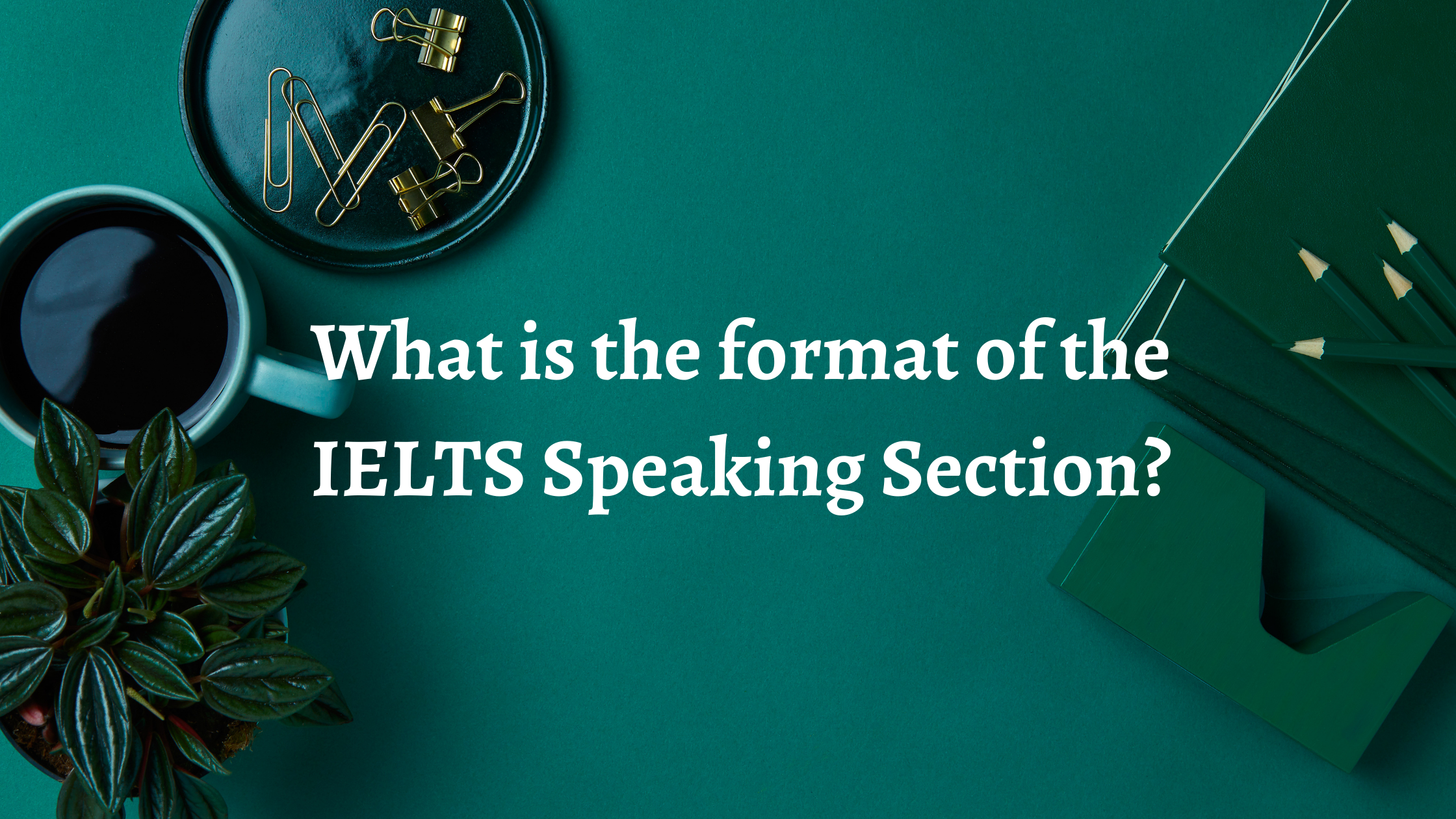
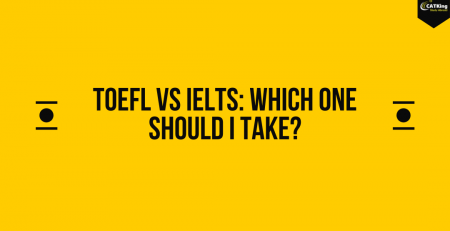


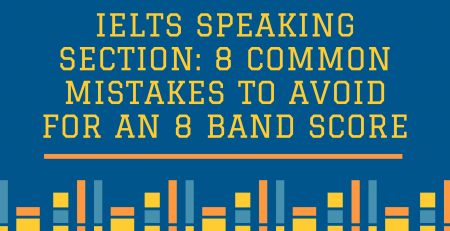

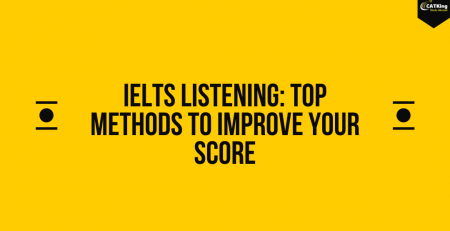


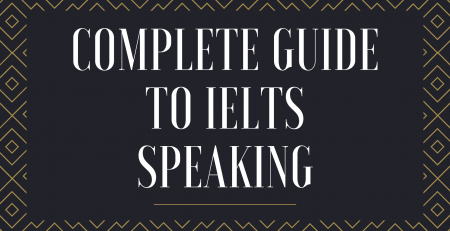

Leave a Reply
You must be logged in to post a comment.